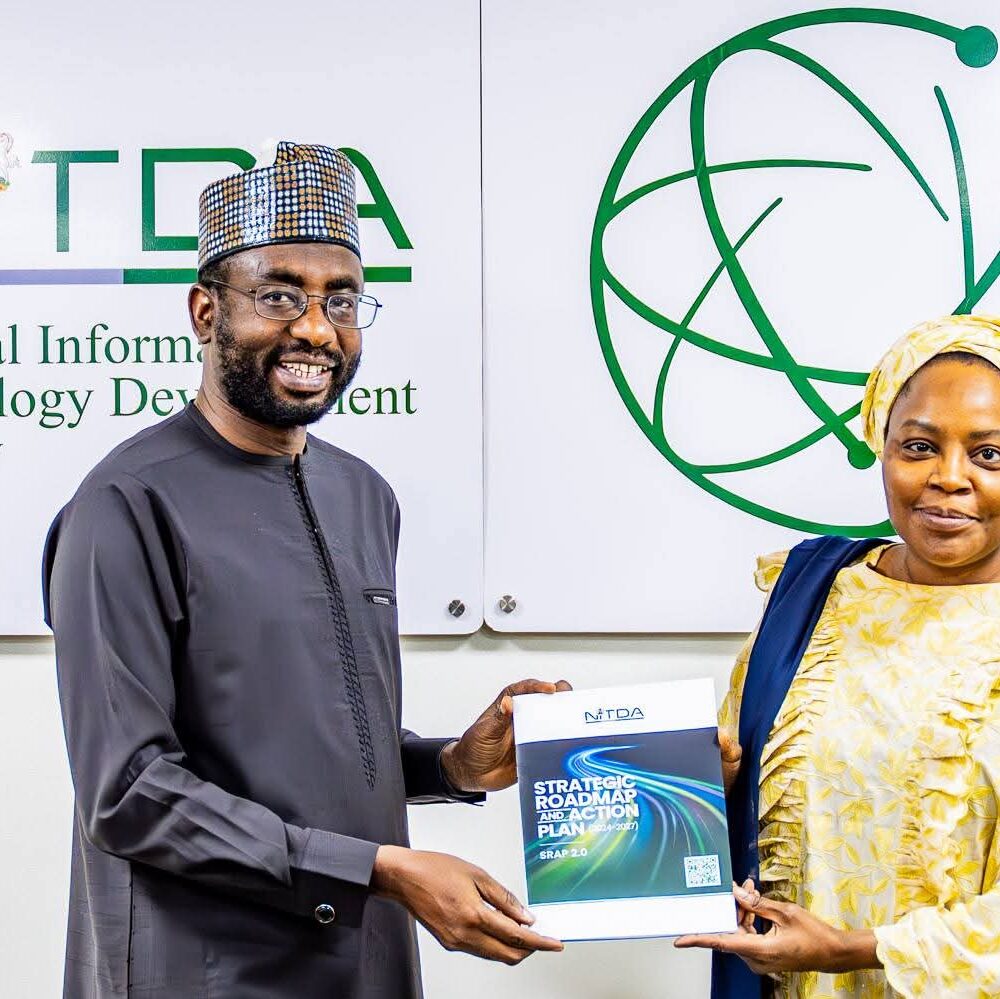People lie. Yes, especially politicians with deep avarice for power yet, lack the people’s support. There is a long history of this pattern from the All Progressives Congress (APC) in Osun state, which assumed a dangerous dimension after it lost the July 16 governorship election.
The APC and its candidate in the election, Gboyega Oyetola, have been caught up in so many disputes with the truth that it’s difficult to know where to begin. Let’s start with its over-voting claim in the petition it filed before the Election Tribunal sitting in Osogbo, the state capital.
In the petition, the former governor and his party contended that the accreditations in 749 polling units across 10 local governments were lower than the collated votes announced, and as such, should be cancelled. For any reasonable mind, it should suffice that raising an allegation isn’t all that is needed but proving that allegation. In fact, that was the expectation of the law, which emphasized the need to prove an allegation beyond a reasonable doubt.
And that was the expectation from the APC and Oyetola when it opened up its case at the Tribunal. Mr. Isiaka Olanrewaju was the first to enter the witness box for the petitioner. He was not just a witness, because according to the petitioner, he was a star witness, and the expectation was that he would provide convincing evidence to buttress the claim of over-voting. But it did not take long to realize the fruitlessness of the adventure.
First, he wrongly claimed in his written statement before the panel that he worked for the 2nd respondent in the election, which in this case, was Governor Ademola Adeleke, and worse, admitted that he didn’t examine the BVAS machines in the contested units neither did he used form ECG40(1,3) and ECG40 in his analysis, just as he did not compare form EC8A with ticking of voter’s register in the 749 polling units.
This is in spite of the fact that the petitioner applied and got the approval of the Tribunal to inspect every material used in the election and there is nothing that suggested that it was denied access to any of the materials as ordered by the panel. It is common knowledge that the BVAS machines are at the centre of the issue of over-voting, as it was the device used in the election to accredit voters in the election. A petitioner with a valid claim and desirous of proving over-voting as the APC and Oyetola had alleged, will examine the BVAS machines to provide glaring evidence to support its claim.
Perhaps, the APC and Oyetola are not comfortable with what they found out from the examination, and so, ran away from it, and instead stuck with a BVAS report that has since been discredited by the Independent National Electoral Commission (INEC) as inaccurate. By logic and even law, the BVAS machines hold more relevance in providing a clear idea of accreditations data in the election especially when the data that the APC and Oyetola are relying upon has been disputed as incorrect by the only authority on election in Nigeria.
But what did the APC lying machines do? It went out with patent falsehood, misrepresenting the truth of what transpired in the courtroom to deceive the unsuspecting public. For those who pay attention to happenings at the Tribunal, the twisting of events by the APC and Oyetola to mislead the public is striking– but it isn’t surprising.
Now, to the other ground of its petition– forgery. By simple dictionary definition, forgery is the “act of forging, fabricating, or producing falsely; especially the crime of fraudulently making or altering a writing or signature purporting to be made by another, the false making it material alteration of or addition to a written instrument for the purpose of deceit and fraud.” In this sense, forgery arises when it is proven that someone knowingly fabricate a document or writing, with the intent of deceiving and committing fraud. This is clearly a criminal issue and it goes beyond just throwing words, but establishing it.
If the APC and Oyetola are saying that Governor Adeleke forged any of the documents in his filing with the INEC in the 2018 or 2022 election, it needs more than just mere words but concrete proof. It is a settled law that only the maker of a document can establish whether a document was forged or not. It is not just about pointing out an inconsistency in a document but providing irreparable proof that the accused is knowingly responsible for it.
When a similar issue was raised against Governor Adeleke in 2018, the Court of Appeal in its decision in ADELEKE VS RAHEEM, NO. CA/A/2004/2019, cleared Adeleke of the allegation of forgery. Justice Emmanuel Agim who read the unanimous judgement of the three-man panel of the Appellate Court held that Adeleke did not supply false information in his form C.F.001 and other particulars he filed with the INEC for the 2018 governorship election in Osun state.
In upholding the eligibility of Adeleke to contest for the governorship election, Justice Agim dismissed the judgement of the Bwari High Court that had initially disqualified him as “a substantial miscarriage of justice because if the trial Court had not ignored that evidence, it would not have come to the conclusion that the information in the statement of result and school testimonial presented by the 3rd respondent (Adeleke) to the 4th respondent (INEC) that the appellant sat for the West African School Certificate Examinations in May/June 1981, at Muslim High School is true and not false.”
The clear inference from this judgement is that Adeleke did not forge any of the documents he supplied to the INEC in the 2018 governorship election. Every document he filed with the electoral umpire was not his making, and this much was established in the courtrooms when the authorities that issued them appeared to assert their validities.
This fact was pointedly noted by the appellate court, which held that “WAEC confirming affidavit and Ledger clearly resolved the issue of whether the statement of result and testimonial from Ede High School Ede submitted by the 3rd respondent to the 4th respondent along with his Form C.F.001 contain false information that he completed secondary school at Ede Muslim High School Ede and sat for the WASCE there in May/June, 1981.”
The simple fact from the above decision of the appellate court was that Adeleke’s filings with the INEC in 2018 were in order and not forged as being alleged. To show otherwise, the court ruled, goes beyond “pointing out errors or mistakes or incongruities or discrepancies in the document.”
In the allegation of tax certificate forgery raised against Ikpeazu, Justice Kekere-Ekun contended that “Alleged irregularities on the documents submitted does not amount to proof that the documents are false. Being documents issued by the Abia State Internal Revenue Service, by virtue of Section 85(2) of the Personal Income Tax Act (PITA), the verification of the genuineness of any tax transaction is vested in the tax authority.” Similarly, the verification of the genuineness of all credentials filed with the INEC by Adeleke is vested in the issuers of those certificates, which the APC and Oyetola failed to bring to the Tribunal to substantiate its allegation.
It is not just enough to raise an allegation, but to be able to prove it and show that it was done deliberately to derive undeserved benefit. This much was held by the apex court of the land in KAKIH V. PDP (2014) that “By virtues of Section 362 and 363 of the Penal Code, a party who asserts that another person presented a forged certificate must prove beyond reasonable doubt that the certificate was presented with the knowledge that it would be used fraudulently or dishonestly as genuine.” It is well established that Adeleke did not author any of the certificates he filed with the INEC, and the APC and Oyetola did nothing to bring either of them to confirm its allegation of forgery against him.
From the very start, it was clear that the APC and Oyetola did not have any valid claim but banking on the manipulation of the judiciary to lord itself over Osun people without their will. However, I will try to prick their conscience with the profound words of the Justices of the Appeal Court in a unanimous judgement that resolved the contest on the Chairmanship seat of the Abuja Municipal Area Council (AMAC) that “Elections are won at the polling units and not at law courts. Our duty as court is to make judicial pronouncement. The law cannot command an impossibility. The essence of justice is to do what is true and what is correct.”
In 2018, Osun people saw their rights to choose their Governor brazenly assaulted and shamelessly taken away from them as a choice different from the one they made was foisted on them with the aid of a ‘remote control’. If democracy is truly about the people, then it is right that the wishes of the Osun people are respected and not be subsumed by the manipulation of desperate power mongers who are doing everything to destroy this democracy.
•Sarafa Ibrahim writes from Iwo, Osun state. He can be reached via email: neyoclass09@gmail.com or Twitter: @SarafaNgr





